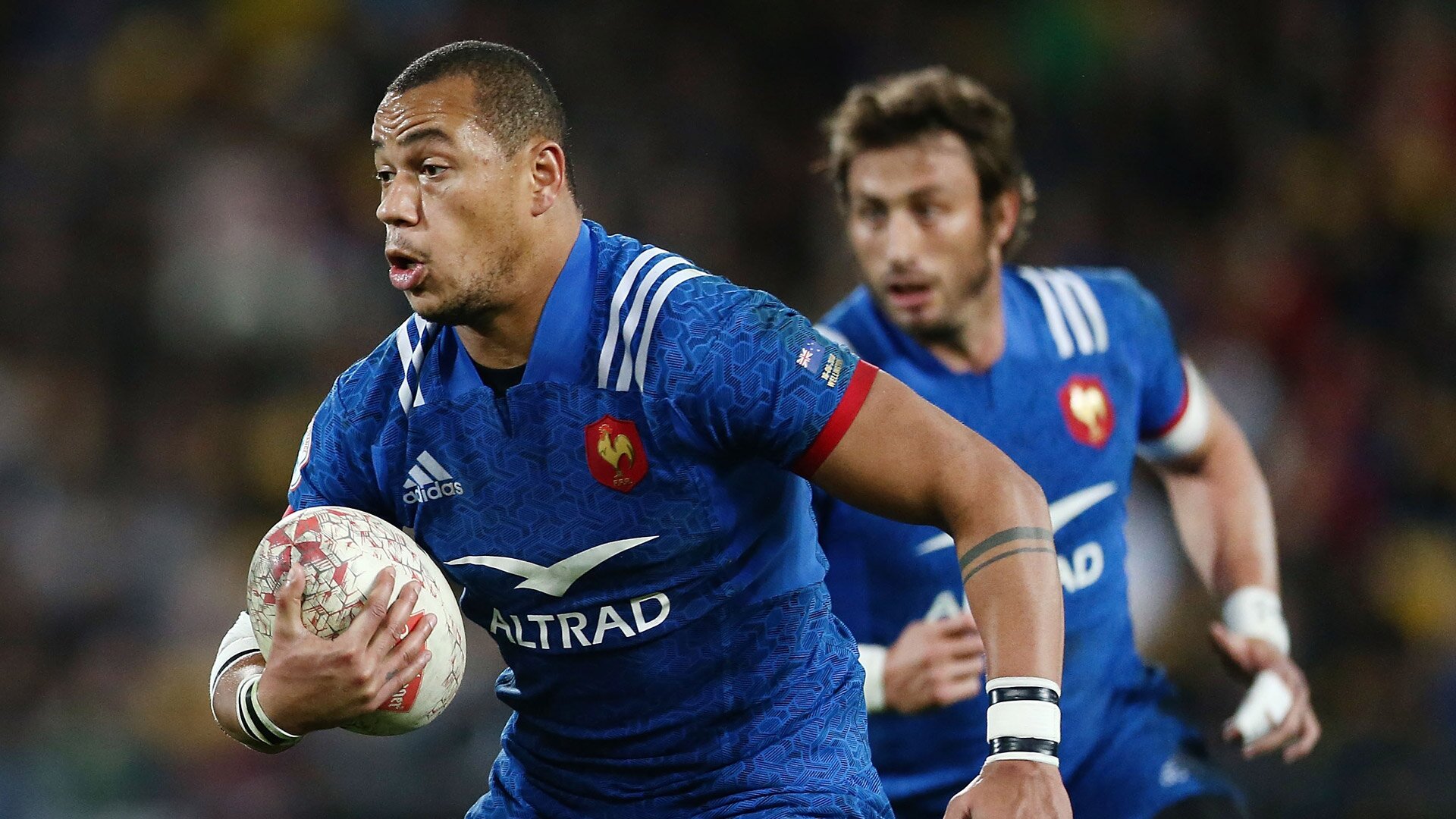Six Nations 2019: French changing of the guard leaves casualities

Romain Ntamack’s selection has caught the eye ahead of France’s opening Six Nations fixture, but the 19-year-old is only one of a host of young stars who could be given a chance to shine by Jacques Brunel over the coming weeks and months.
The youngest player in the championship and son of former Les Blues wing Emile, Ntamack will start at centre alongside the vastly experienced Wesley Fofana when France host Wales on Friday night.
Ntamack has been picked ahead of Mathieu Bastareaud, a move that suggests Brunel is eager to refresh a team that lost eight of its 11 Tests in 2018.
https://www.instagram.com/p/BtRh8dLlFvT/
However, while Bastareaud has not even made the matchday 23 on this occasion, the other six members of the 30 and over brigade in France’s squad will all start against Wales.
Fofana and skipper Guilhem Guirado are joined in the line-up by Louis Picamoles, Morgan Parra, Yoann Huget and Maxime Medard, with the latter duo both coming into the Six Nations on the back of strong form at club level.
For the time being at least, therefore, there will be plenty of familiar names in France’s team, but that may not be the case for much longer.
With the exception of Stade Rochelle back Geoffrey Doumayrou, who is 29, all of Brunel’s replacements for the Wales game are aged 25 or under, with 20-year-old prop Demba Bamba the youngest of them and the likes of Baptiste Serin (24), Gael Fickou (24) and Julien Marchand (23) also set to earn some game time on Friday.
In addition, there are several more youngsters in France’s 31-man squad, all ready to be called upon should injuries or poor form bring about changes.
Uncapped full-back Thomas Ramos (23), halves Anthony Belleau and Antoine Dupont (both 22), and forwards Pierre Bourgarit (21), Fabien Sanconnie (23) and Yacouba Camara (24) represent youthful options outside of Brunel’s initial 23-man selection for the Wales fixture.
And given France’s string of poor results in recent times, few of the more established names can consider their places truly safe, particularly with hopes high for a new generation – including Ntamack – that secured glory at the Under-20 World Cup last June.
The Six Nations is understandably Brunel’s primary focus at present as France look to improve on a fourth-placed finish in 2018, when they did at least run Grand Slam winners Ireland closer than anyone before being sunk by a last-gasp drop goal from Johnny Sexton.
Yet it would be no surprise if further members of the successful U20 team, not currently in France’s senior squad, are pushing for caps by the time the Rugby World Cup comes around in September.
https://www.instagram.com/p/BtT_PqmgiSj/
One name to watch is Jordan Joseph, who starred in that U20 World Cup campaign at the age of 17. The 2019 RWC might come just too soon for the Racing 92 number eight, who is considered one of the most talented teenagers in world rugby.
Regardless of whether Joseph breaks through in the near future, it is clear France have no shortage of options when it comes to young talent.
As Guirado, Picamoles, Huget and Medard gear up for what is likely to be their final tilt at a world title, it feels like the next crop of French stars are poised to emerge.





























